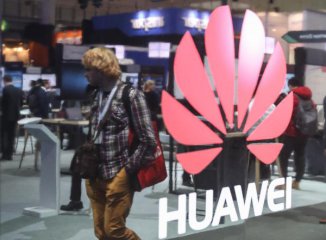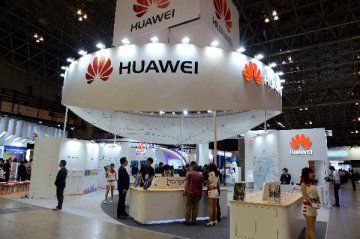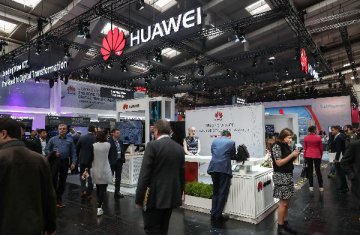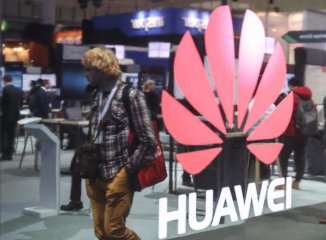
The surprise arrest of Huawei Technologies Co.’s Chief Financial Officer Meng Wanzhou is about to impact one of the Chinese company’s suppliers in Japan.
Yaskawa Electric Corp., which supplies industrial robots for Huawei’s smartphone and telecom gear factories, saw all orders for its machines put on hold after the arrest, President Hiroshi Ogasawara said in an interview on Wednesday. Of Yaskawa’s 448.5 billion yen ($4 billion) in revenue for the fiscal year that ended in February, 23 percent came from China.
“My people on the ground in China say that Huawei is turned upside down internally,” Ogasawara said. “All kinds of capex deals are temporarily on hold as they figure things out.”
Huawei disputed that it’s pausing investment. “Huawei has no plans to cut down on our investment in equipment. Things are business as usual. In fact, we intend on further expanding our partnerships with suppliers in Japan and other regions,” the company said in a statement.
Meng was arrested in Vancouver at the request of U.S. authorities for allegedly violating sanctions related to selling technology to Iran. While her detention has become an international incident, this is the first indication that it is beginning to affect Huawei’s operations. The arrest has further undermined the international standing of the company, which was already under suspicion in the West because of its ties to the Chinese government.
Separately, the Japanese media reported earlier this week that the country’s top three carriers — NTT Docomo Inc., SoftBank Group Corp. and KDDI Corp. — will ban telecommunications equipment by Huawei and ZTE Corp. France’s Orange SA said it does not plan to work with Huawei to build its fifth-generation mobile network.
The order freeze is making Yaskawa reconsider its outlook on the timing of demand for 5G phones and communications equipment, because Huawei was at the forefront of the technology’s rollout, Ogasawara said.
Key Insights
Yaskawa said in October it expects memory chip manufacturers to start making capital investments related to 5G in the spring and see a boost in its own machinery orders by early next year. That outlook is now uncertain because of the events at Huawei, Ogasawara said.
The Huawei incident and trade tensions with U.S. are not likely to derail 5G’s rollout in China, he said. The deployment is driven by China’s national policy and orders for internal demand will make up for any losses due to trade barriers, he said.
Yaskawa has three factories in China, all of which make machines for domestic customers.
Global smartphone output is not likely to decline, but capital investment is likely to remain flat until 5G demand kicks in second half of 2019, Ogasawara said.
Source: Bloomberg






















Latest comments